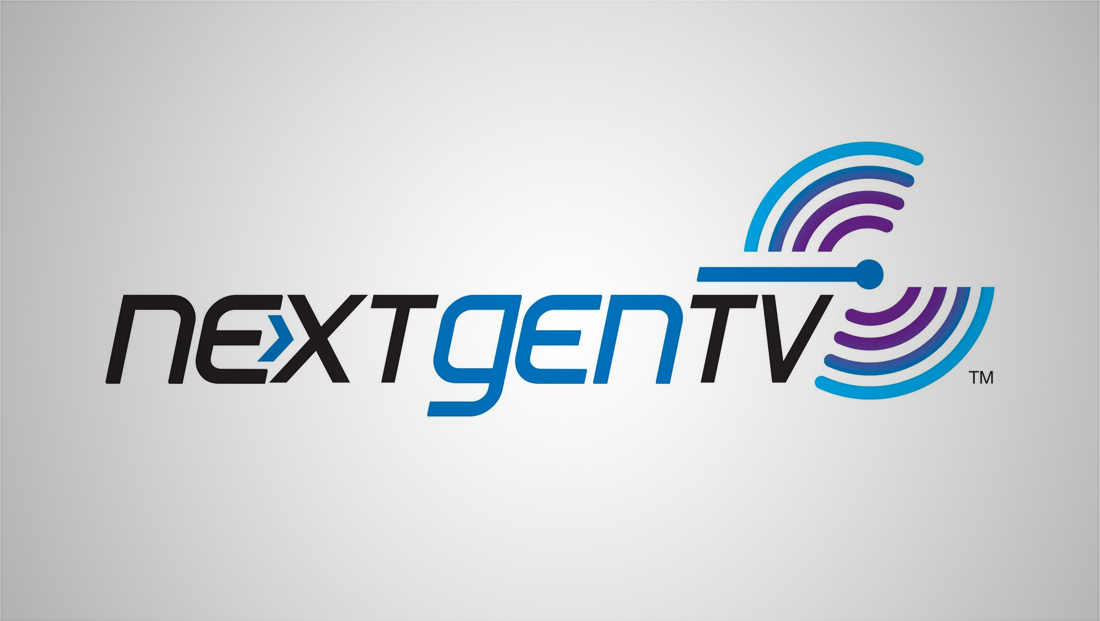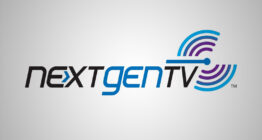Coalition of conservative groups challenges NAB’s push for ATSC 3.0 mandate

Weekly insights on the technology, production and business decisions shaping media and broadcast. Free to access. Independent coverage. Unsubscribe anytime.
A coalition of 13 conservative organizations has filed formal opposition with the Federal Communications Commission against the National Association of Broadcasters‘ petition to mandate adoption of ATSC 3.0 technology, arguing that market forces should determine the standard’s future rather than government intervention.
The July 10 filing, led by Americans for Tax Reform and including groups such as Digital Liberty, the Innovation Economy Alliance and Citizens Against Government Waste, contends that the current voluntary adoption approach has already achieved widespread success without regulatory compulsion.
“More than three out of every four Americans have access to ATSC 3.0,” the coalition states in their letter to the FCC. “It is available in more than 80 markets in parallel to ATSC 1.0 technology delivering digital television.”
The opposition represents the latest salvo in an escalating debate over the future of Next Generation Television technology.
The NAB filed its petition seeking mandatory adoption timelines, arguing that voluntary deployment has left significant coverage gaps. However, the conservative coalition characterizes this as an attempt to use regulatory power to solve what they view as a market competition issue.
“NAB effectively asks the FCC to do their job for them by mandating ATSC adoption in the remaining markets to reach the untapped 25 percent or so of the population,” the filing states. The groups argue that broadcasters “would rather use the government to limit genuine competition by forcing their competitors to adopt their standards, ironically in the name of ‘competition.'”
The coalition’s position aligns with the FCC’s original 2017 authorization of ATSC 3.0, which established a “voluntary, market-driven basis” for adoption. They argue that that approach has proven effective and should be maintained rather than abandoned for government mandates.
The filing comes amid broader industry tensions over the pace of ATSC 3.0 deployment.
While the technology offers enhanced features including 4K resolution, improved audio quality and interactive capabilities, adoption has varied significantly across markets. Broadcasters have cited economic challenges and technical complexities as barriers to faster deployment.
The conservative groups frame their opposition in terms of broader regulatory philosophy, describing broadcasters as “a legacy technology that was saddled with a steep regulatory burden back when that was in vogue in the mid-20th Century.” They advocate for deregulation rather than additional mandates as the solution to competitive challenges.
“The solution now is to deregulate and allow genuine market competition to dictate which technologies survive and thrive,” the coalition argues. “This is precisely what the FCC did in 2017 with the original ATSC 3.0 order.”
The filing is a significant escalation in opposition to the NAB’s mandate proposal, bringing ideological weight to technical and economic arguments. Previous opposition has come primarily from industry groups representing cable operators, satellite providers and other multichannel video programming distributors.
The coalition includes both established Washington advocacy organizations and regional groups, with signatories ranging from Americans for Tax Reform president Grover Norquist to executives from state-level policy institutes. Two individuals also signed the letter independently.
The FCC has not announced a timeline for considering the NAB petition or the various opposition filings. The commission’s response will likely influence not only ATSC 3.0 deployment but also broader regulatory approaches to emerging broadcast technologies.





tags
Deregulation, FCC, NAB, NextGen TV ATSC 3.0
categories
Broadcast Engineering, Heroes, NextGen TV, Policy